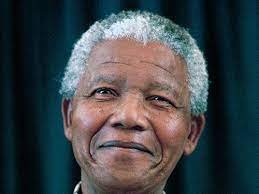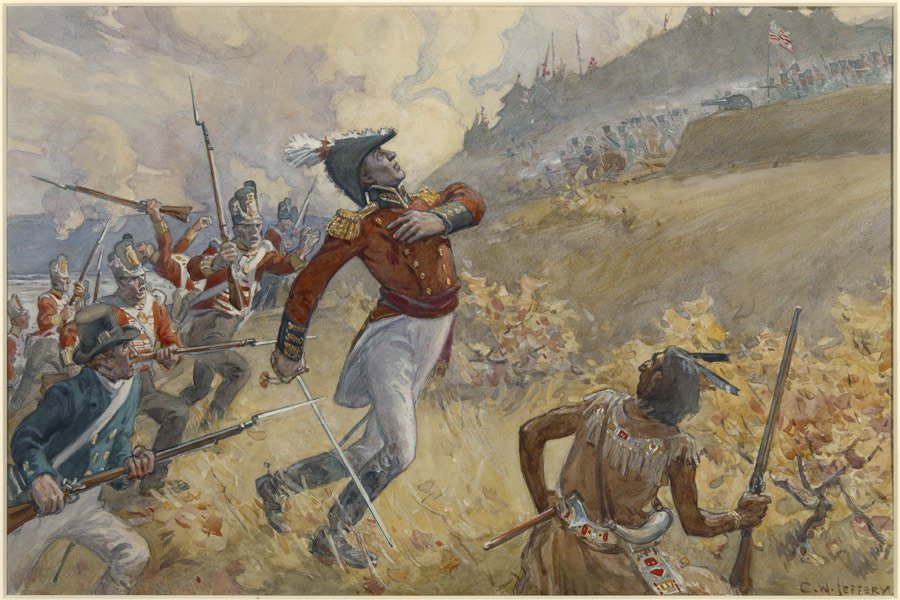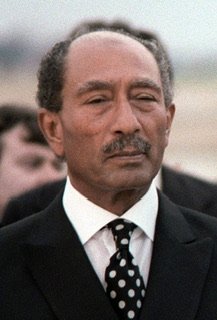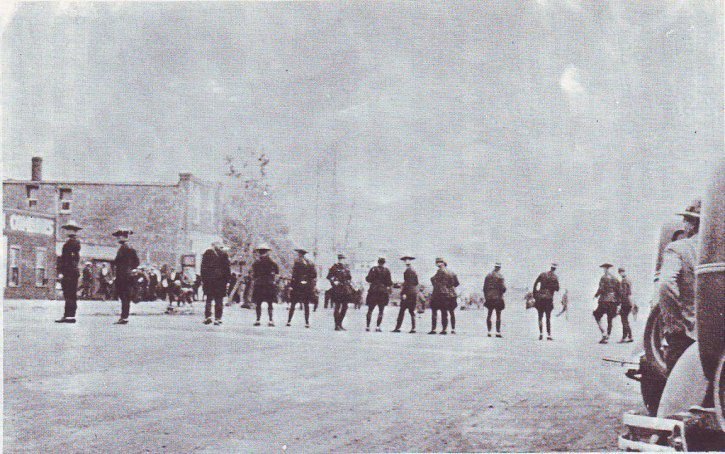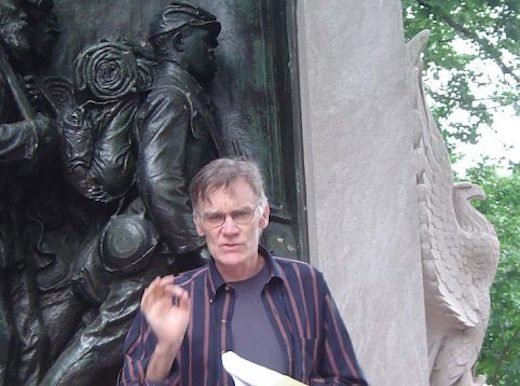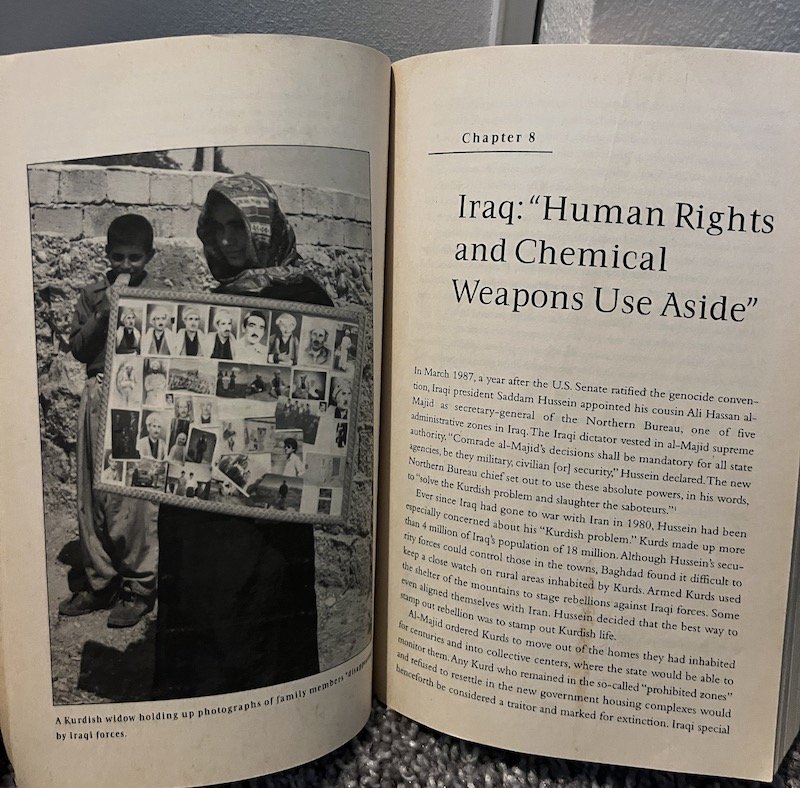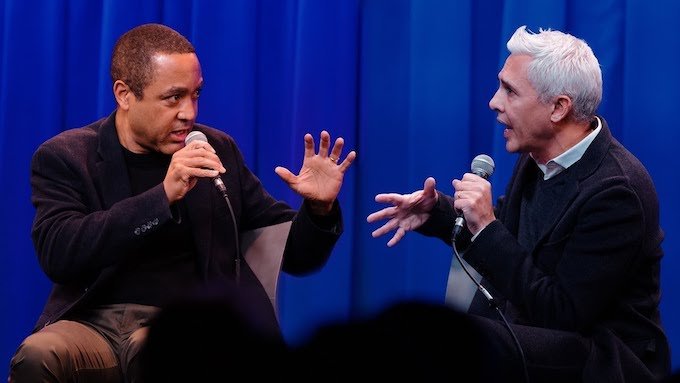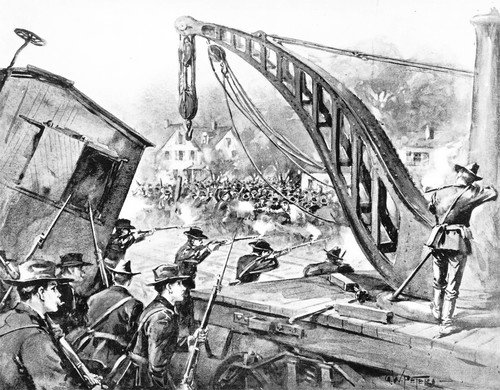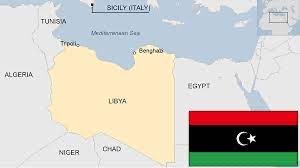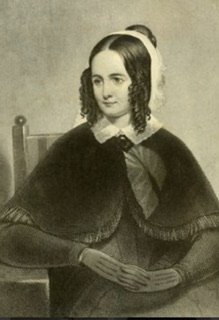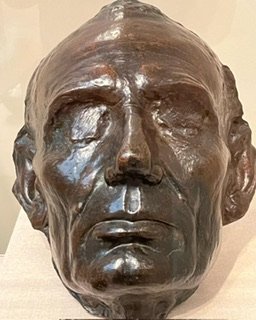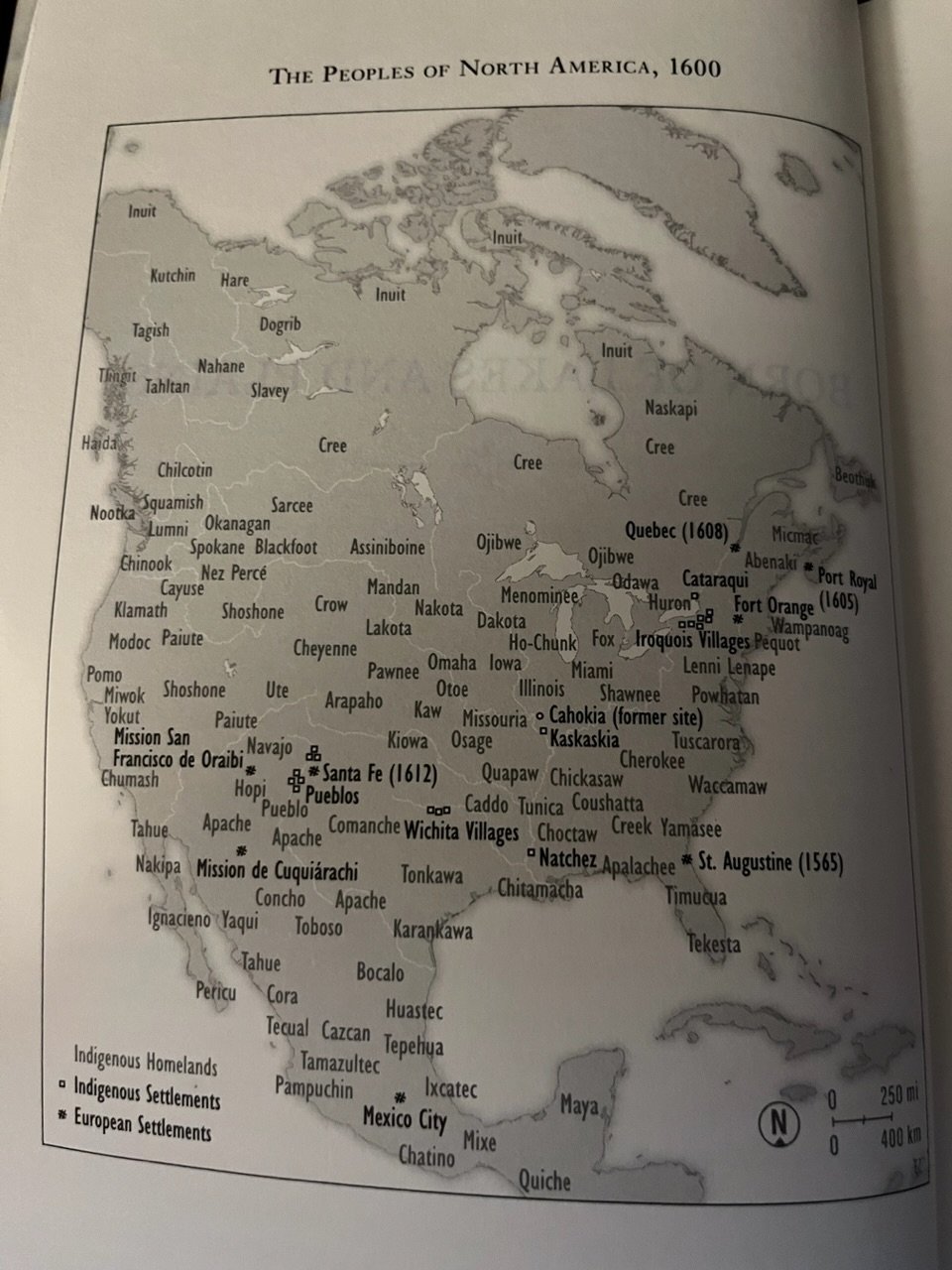Allotment.
Dawes rolls.
Blood Quantum.
Graft.
Squatters’ rights.
Freedmen.
These words should be familiar to anyone who thinks they know American history.
In the podcast “This Land,” Rebecca Nagle tells the story of Native land theft in the US, primarily through the history of her own Cherokee Nation and the more recent uproar around McGirt v. Oklahoma, a case that the US Supreme Court ruled on in 2020. Oklahoma had long held that much of its eastern territory had ceased being Indian reservation land in the early 20th century, and was completely within state jurisdiction. The court ruled otherwise, but what does that mean? You’ll have to listen to find out more. Episode 5: “The Land Grab,” is a good place to start if you’re pressed for time. It touches on all the terms I listed above.
The Allotment Act, and Allotment in general, were initiatives on the part of the federal and state governments to convert reservation lands that were owned collectively by indigenous tribes, into parcels of property owned by individuals. The fine print was that this process created a great deal of “surplus” land after tribal members had been “allotted” theirs. This land could only be sold to the federal government, who in turn opened it up to homesteading or sold it outright. The profits from such sales was supposed to be held in trust accounts for the benefit of the tribes it was bought from, but corruption at all levels usually thwarted this provision.
Another podcast I highly recommend is “The Mental Illness Happy Hour.” Comedian Paul Gilmartin interviews artists, friends, and the occasional doctor about all things unwell- depression, anxiety, trauma, etc. It’s trauma that I think is worth thinking about with the controversy around Middle East conflicts, and history in general. The word has so saturated public discourse over the past 10 years that it sounds meaningless to many. Of course, it is anything but. Gilmartin delves into the ugly and excruciating reality of trauma and other afflictions with a level of humor and compassion that is truly astonishing. And there is no flinching. His interview with Meyli Chapin, an American survivor of a terrorist attack in Kenya, is a great introduction.
Sources:
This Land- Season 1, Episode 5: The Land Grab
The Mental Illness Happy Hour- w/ Meyli Chapin, author of Terrorist Attack Girl.



